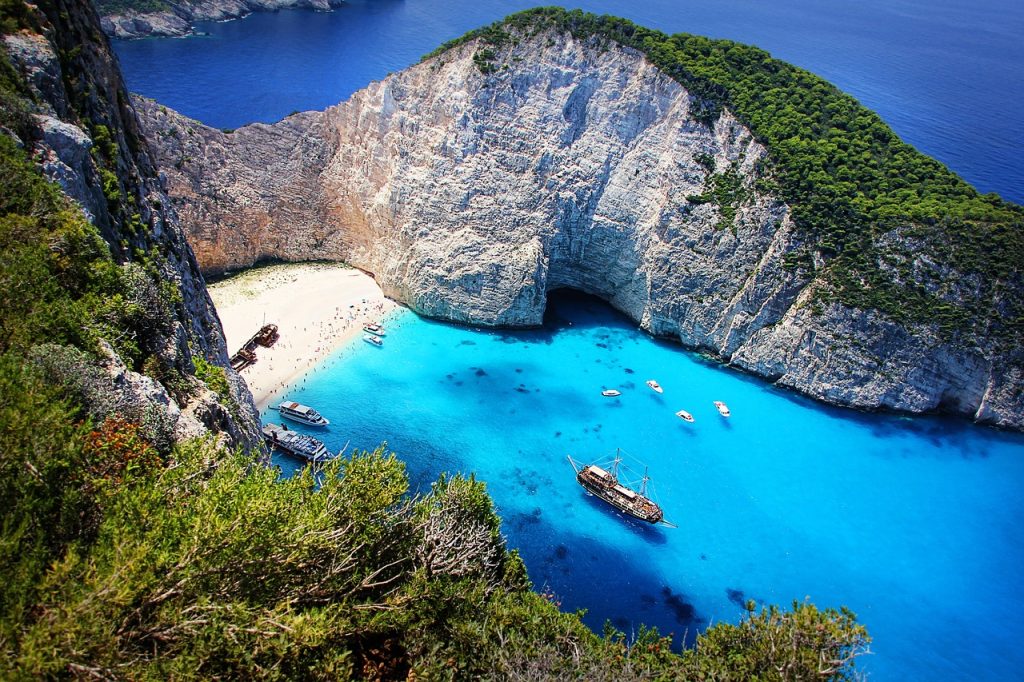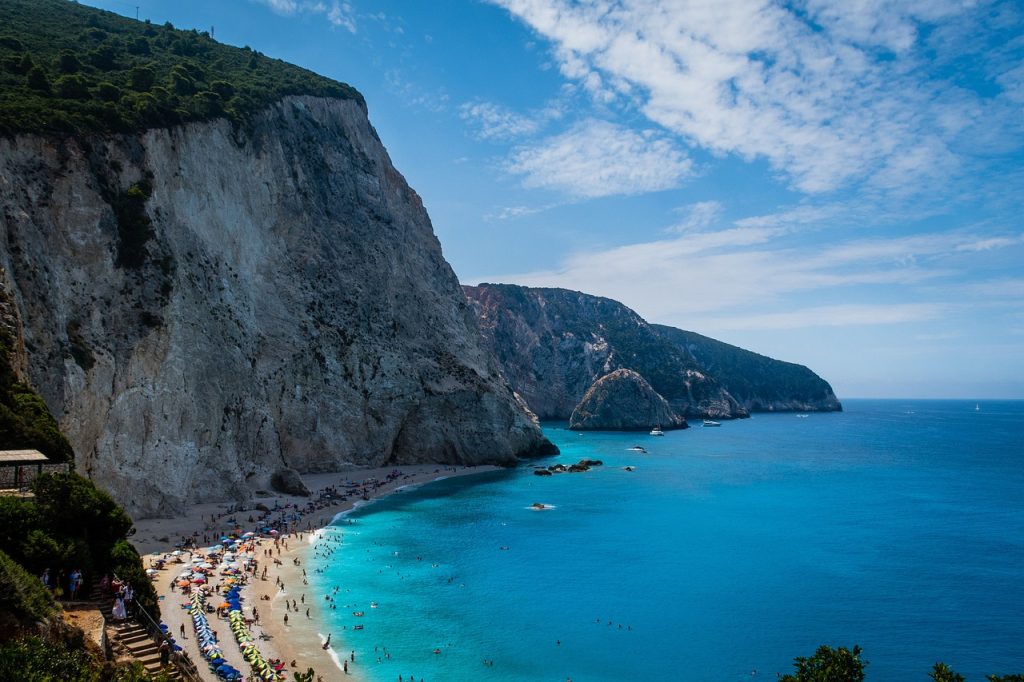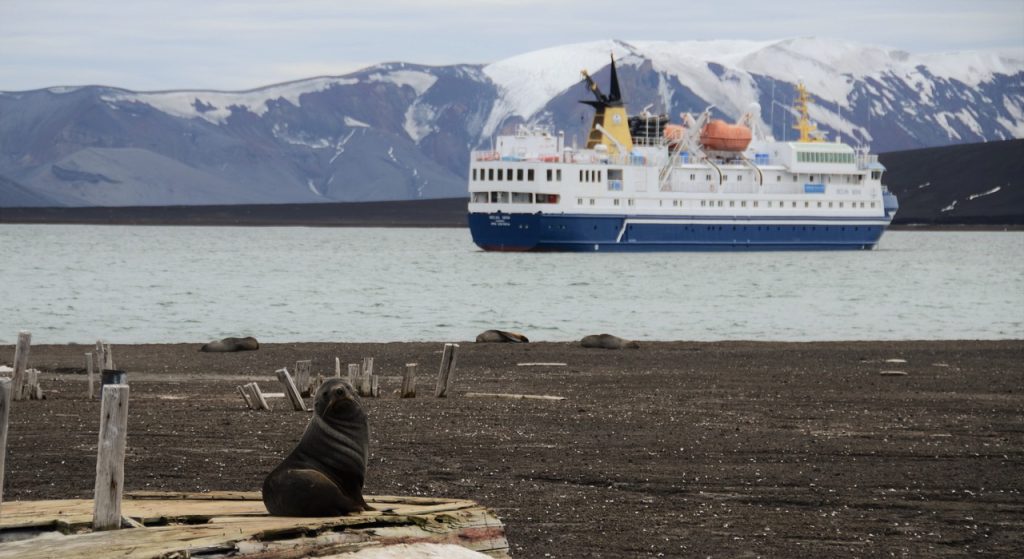Choosing the Perfect European Spring Getaway
Climate and Weather:
One of the primary considerations when planning a spring getaway is the weather. While Europe experiences a generally mild climate during this season, there can be significant variations from city to city.
For those seeking warmth and sunshine, Southern European destinations like Barcelona, Rome, and Athens are excellent choices. With temperatures ranging from the mid-60s to low 70s Fahrenheit (around 18-24°C), these cities offer ideal conditions for exploring outdoor attractions and soaking up the sun.
On the other hand, if you prefer cooler temperatures and blossoming landscapes, consider Northern European cities such as Amsterdam, Copenhagen, and Edinburgh. While the weather may still be brisk, the vibrant spring blooms and fewer crowds make these destinations a delight to explore.
Seasonal Events and Festivals:
Spring in Europe is synonymous with festivals and cultural celebrations, making it an exciting time to visit. From colorful flower parades to traditional folk festivals, there’s no shortage of events to choose from.
In Amsterdam, spring bursts forth in a riot of colors with the arrival of the world-famous Keukenhof Gardens. Spanning over 32 hectares, this floral paradise showcases millions of tulips, daffodils, and hyacinths in full bloom during the annual Tulip Festival. Visitors are treated to a dazzling display of vibrant hues as they wander through meticulously landscaped gardens, marveling at the beauty of nature’s palette.
But the springtime festivities in Amsterdam don’t end there. Late April brings the much-anticipated King’s Day (Koningsdag), a nationwide celebration in honor of the Dutch monarch’s birthday. The city streets are transformed into a sea of orange as revelers don the national color and take to the streets to participate in lively street parties, concerts, and flea markets. From boat parades along the canals to impromptu dance parties in the city squares, King’s Day is a joyous occasion that captures the spirit of Dutch culture and hospitality.
When trying to find events and festivals in place like Amsterdam, you can use helpful tools such as an Amsterdam trip planner to discover such cultural offerings and make your planning as easy as possible.
In Paris, the arrival of spring is celebrated with the annual Fête du Muguet (Lily of the Valley Festival) on May 1st. This charming celebration dates back to the Renaissance era and has become deeply ingrained in French culture. On this special day, locals exchange bouquets of lilies of the valley, known as “muguet,” as a symbol of good luck and happiness. The streets of Paris come alive with the sweet fragrance of these delicate flowers, creating a magical atmosphere that enchants both residents and visitors alike.
Additionally, the Paris Jazz Festival adds a melodious touch to the springtime air. Held in the picturesque setting of the Bois de Vincennes, this outdoor festival showcases an eclectic mix of jazz performances by renowned artists from around the world. Visitors can relax on the lush green lawns of the park, savoring the enchanting melodies while surrounded by blooming trees and serene lakes. It’s a delightful way to soak up the beauty of spring in the heart of the French capital.
Outdoor Activities and Attractions:
With the arrival of spring, Europe’s outdoor attractions come to life, offering a plethora of activities for nature enthusiasts and adventure seekers alike.
In Barcelona, the arrival of spring brings a renewed sense of vitality to the city, with locals and visitors alike emerging from the winter chill to bask in the warm Mediterranean sunshine. Along the iconic thoroughfare of La Rambla, travelers can soak up the bustling atmosphere as street performers entertain passersby and vendors peddle their wares. From there, a visit to Park Güell offers a whimsical escape into the fantastical world of Antoni Gaudí, with its colorful mosaic sculptures and sweeping views of the city below.
For those seeking a respite from the urban hustle and bustle, a trip to Barceloneta Beach provides the perfect opportunity to unwind on sandy shores and dip toes into azure waters. And just a short journey from the city center, Montserrat Mountain beckons with its rugged beauty and panoramic vistas. Hiking trails wind through lush forests and craggy peaks, offering adventurers a chance to reconnect with nature and discover hidden treasures around every bend.
In Copenhagen, springtime brings a sense of anticipation as Tivoli Gardens, one of the world’s oldest amusement parks, reopens its gates to eager visitors. Set against the backdrop of blooming cherry blossoms and verdant lawns, this enchanting oasis offers a delightful blend of thrilling rides, lush gardens, and nightly fireworks displays. Whether you’re racing down roller coasters or strolling hand in hand through flower-lined pathways, Tivoli Gardens is a magical destination that captivates the imagination and leaves lasting memories.
For a more tranquil escape, consider venturing off the beaten path to Edinburgh’s Royal Botanic Garden. Nestled amidst the city’s historic streets, this verdant sanctuary boasts over 13,000 plant species from around the world, including rare and exotic specimens. As spring unfolds, the garden bursts into bloom with vibrant colors and intoxicating scents, providing a peaceful retreat for nature lovers and horticultural enthusiasts alike.
Beyond the city limits, Edinburgh’s surrounding countryside offers endless opportunities for exploration and adventure. Scenic hiking trails wind through rolling hills and picturesque landscapes, while wildlife spotting opportunities abound in nearby nature reserves and conservation areas. Whether you’re scaling craggy peaks or meandering along tranquil riverbanks, Edinburgh’s outdoor attractions offer a refreshing escape from the hustle and bustle of everyday life, inviting travelers to reconnect with the natural world and discover the beauty that lies just beyond the city’s edge.
Cultural and Historical Significance:
Europe is a treasure trove of cultural and historical landmarks, with each city offering a unique glimpse into its rich heritage.
In Rome, the eternal city, springtime casts a golden glow upon its ancient landmarks, drawing visitors from around the world to marvel at its timeless beauty. The Colosseum stands as a testament to the grandeur of the Roman Empire, its weathered stone walls bearing witness to centuries of history and triumph. Nearby, the Roman Forum and Palatine Hill offer a glimpse into daily life in ancient Rome, with crumbling ruins and majestic columns whispering tales of emperors and gladiators.
But Rome’s cultural riches extend far beyond its ancient ruins. The Vatican Museums house one of the world’s most extensive collections of art and artifacts, including Michelangelo’s iconic Sistine Chapel ceiling. As spring unfolds, visitors can wander through labyrinthine galleries adorned with priceless masterpieces, immersing themselves in the beauty and splendor of the Renaissance.
In Prague, springtime transforms the city’s historic Old Town Square into a bustling hub of activity and excitement. Outdoor markets spring to life, with vendors selling everything from handmade crafts to traditional Czech delicacies. Street performers entertain crowds with music and magic, while the aroma of freshly baked pastries fills the air.
Amidst the hustle and bustle of the square, Prague Castle stands as a silent sentinel overlooking the city below. Visitors can wander through its labyrinthine corridors and courtyards, marveling at the intricate Gothic architecture and sweeping views of the Vltava River. A stroll across the iconic Charles Bridge offers panoramic vistas of the city skyline, its ancient statues bearing witness to centuries of history and tradition.
Adding to the list of must-visit destinations for spring in Europe is Vienna, the imperial capital of Austria. Steeped in grandeur and elegance, Vienna offers a wealth of cultural and historical landmarks waiting to be explored.
Springtime in Vienna is a feast for the senses, with cherry blossoms adorning the city’s parks and gardens in delicate shades of pink. Visitors can immerse themselves in the opulent splendor of Schönbrunn Palace, the former summer residence of the Habsburg monarchs, and wander through its sprawling gardens filled with fountains, statues, and flower beds.
For those with a penchant for music and art, Vienna offers a wealth of cultural experiences, from attending a performance at the Vienna State Opera to exploring the masterpieces of the Belvedere Museum. With its rich history, vibrant cultural scene, and stunning architecture, Vienna is a city that captivates the imagination and leaves a lasting impression on all who visit.
Culinary Delights:
No European vacation is complete without indulging in the local cuisine, and springtime offers an abundance of seasonal delights to tantalize your taste buds.
In Florence, the heart of Tuscany, visitors are treated to a feast of traditional Tuscan dishes that reflect the region’s rustic charm and rich agricultural bounty. Start your culinary journey with a steaming bowl of ribollita, a hearty vegetable soup made with cannellini beans, kale, and stale bread, simmered to perfection in a flavorful broth. Next, indulge in bistecca alla fiorentina, a succulent Florentine-style steak grilled to juicy perfection and served with a drizzle of olive oil and a sprinkle of sea salt.
No visit to Florence is complete without sampling pappa al pomodoro, a comforting tomato and bread soup that embodies the simplicity and elegance of Tuscan cuisine. Pair your meal with a glass of Chianti wine, produced in the nearby Tuscan countryside, where rolling hills and sun-drenched vineyards yield some of Italy’s most celebrated wines.
In Lisbon, spring brings a bounty of fresh seafood to the city’s bustling markets and seaside restaurants, offering visitors a taste of Portugal’s maritime heritage and coastal cuisine. Dive into a plate of bacalhau à brás, a classic Portuguese dish featuring salt cod sautéed with scrambled eggs, onions, and potatoes, seasoned with fragrant herbs and spices.
For a taste of Lisbon’s culinary soul, don’t miss the opportunity to indulge in grilled sardines, a beloved local delicacy that’s at its peak freshness during the spring months. Served simply with a squeeze of lemon and a sprinkle of sea salt, these plump and flavorful fish are a testament to Portugal’s love affair with the sea.
And indeed, these are just two examples of the boundless culinary delights awaiting travelers across Europe. From the aromatic spices of Spanish paella to the hearty stews of Hungarian goulash, each European region boasts its own distinct flavors and culinary traditions waiting to be savored. If food is a key factor in your travels, take the time to immerse yourself in the traditional cuisines of each destination, seeking out the tastes that best satisfy your cravings. For there’s no better way to truly understand the essence of a culture than through the exploration of its cuisine. Bon appétit!
Conclusion:
Whether you’re seeking sunshine and outdoor adventures or cultural immersion and culinary delights, Europe offers a diverse array of destinations to suit every traveler’s preferences. By considering factors such as climate, seasonal events, outdoor activities, cultural significance, and culinary offerings, you can ensure a memorable European getaway filled with unforgettable experiences and cherished memories. So pack your bags, embrace the spirit of adventure, and embark on the European springtime adventure of a lifetime!
The post Choosing the Perfect European Spring Getaway appeared first on Wandering Earl.




















